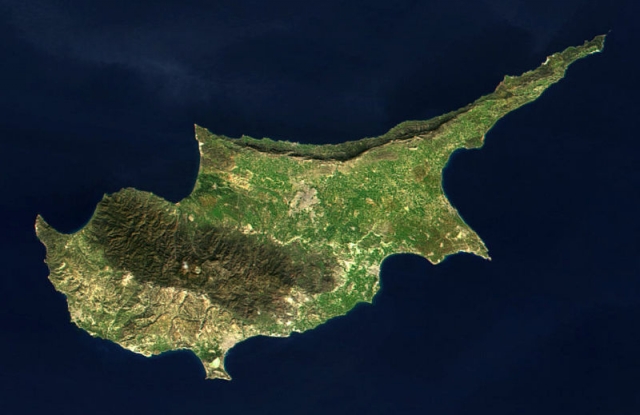Cyprus: another Middle East issue
Historian article

Although Cyprus, the third largest Mediterranean island, remained nominally under Turkish suzerainty until 1914, the British were established there after the 1878 Congress of Berlin. The idea then was that, from this base, Britain could protect Turkey against threats from Russia, while ensuring that the Turks reformed their treatment of Christian minorities in their Ottoman Empire.
After the British occupied Egypt in 1882, the importance to them of Cyprus declined but the island, with its rich soil, varied produce and strategic location, had always been coveted; as the German archaeologist Hirschfield commented: "He who will become and remain a great power in the East must hold Cyprus."
In the 1923 Treaty of Lausanne Turkey recognized Cyprus as a British colony. The majority of the 600,000 population, 80 per cent of the inhabitants, were Greek Cypriots, Orthodox Christians; and 18 per cent were Turkish Muslim Cypriots. Here, as in India, the British officials professed sympathy for the minority Muslim population. Here again the idea of "divide and rule" led to long-term trouble. What the majority population seemed to want, from 1931 at least, was union with Greece, ‘enosis'.
Turkey, the protector of the Muslim minority, was a more important member of NATO, set up in 1949, than Greece. It was also the lynchpin of the Baghdad Pact, that key to British plans to promote her interests in the area. Anthony Eden saw "Our alliance with Turkey as the first consideration in our policy in that part of the world."
In the year NATO was established, the Greek government approached the British "with a view to finding a solution which will respect the will of the Cypriot people." But in 1954, when British troops left the military bases at Suez, the new Middle East Command Headquarters was established at Cyprus.
The effect of the withdrawal from Suez...
This resource is FREE for Student HA Members.
Non HA Members can get instant access for £2.75

